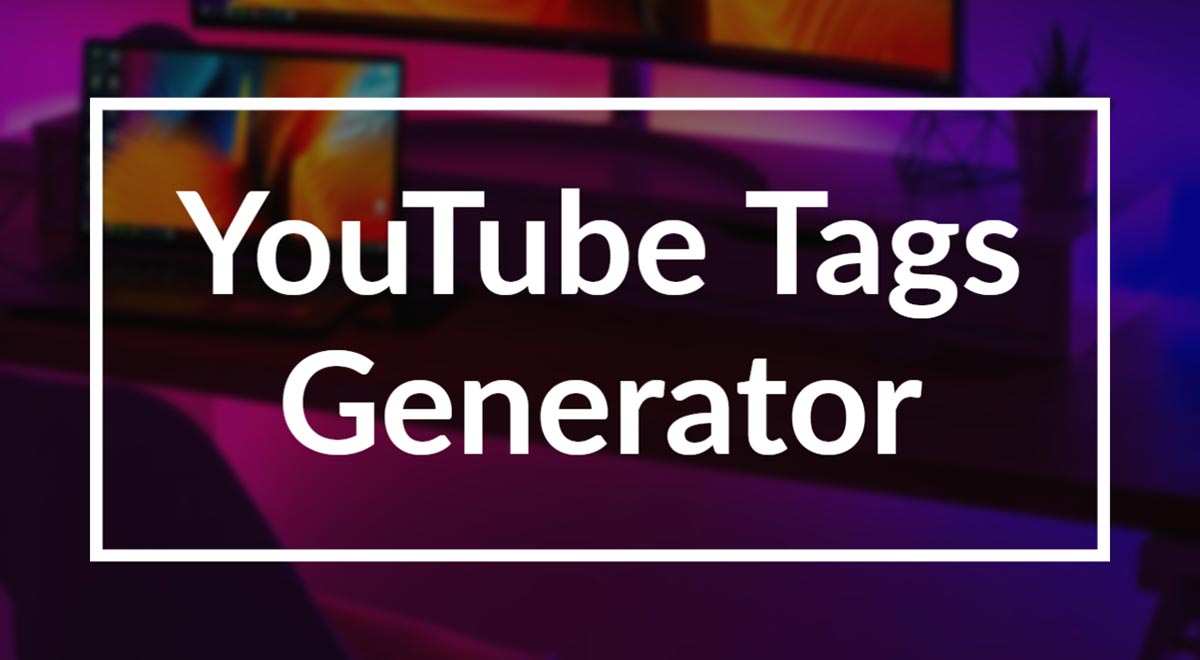How Useful Are YouTube Tags?
YouTube tags have long been considered an essential component of video optimization, particularly when it comes to increasing a video’s discoverability. These are keywords or phrases that creators attach to their videos to help YouTube’s algorithm understand the content and context of the video. While tags have become less prominent in YouTube’s overall ranking system than other factors like titles, descriptions, and video content, they still serve a purpose in content strategy. So, how useful are YouTube tags today, and what role do they play in improving a video’s visibility?
Understanding YouTube’s Algorithm
YouTube’s algorithm is primarily designed to recommend videos based on user search behavior, interests, and viewing history. While the algorithm has evolved to emphasize user engagement metrics like watch time, likes, and comments, tags still help clarify a video’s context. Tags provide YouTube with additional data points that help categorize and suggest videos, especially when the title or description is vague or incomplete.
For instance, if a video is titled “Best Tips for SEO in 2024” without appropriate tags, the algorithm might not fully understand whether the video is about general SEO strategies, local SEO, or even SEO tools. Tags such as “SEO tips,” “Google ranking,” or “on-page SEO” give YouTube clearer insight into the video’s core subject matter, allowing it to be presented to a more targeted audience. Therefore, tags can still assist in ensuring that your content appears in relevant search results and suggestions.
Boosting Discoverability for New Channels
Tags are more useful for new or smaller YouTube channels. Established channels with a loyal audience base can rely more on engagement metrics and recommendations. However, for creators who are still growing their presence, tags can help ensure that their videos are placed in front of a broader audience. YouTube tags Generator can assist new channels in being found by users who are searching for specific terms, particularly if the competition for the keywords in question isn’t too fierce.
For instance, a smaller creator making videos on niche topics can benefit from strategically selecting low-competition tags that align closely with their content. By using less saturated tags, new creators can increase their chances of being discovered by users looking for highly specific content.
Complementing Video Titles and Descriptions
Tags also play a supplementary role in the video title and description. A well-optimized video relies heavily on the title and description, but tags provide an additional metadata layer. While YouTube now focuses more on analyzing actual video content and audio to rank videos, tags help clarify any ambiguity. For example, a video titled “Java Programming Tutorial” could benefit from tags like “beginner Java tutorial,” “coding for beginners,” and “learn programming,” which will further refine its placement in search results and recommendations.
Creators can also use tags to target different variations of keywords or common misspellings, thus casting a wider net in terms of search queries. This strategy ensures that even if viewers search for a slightly different term, they can still find the video.
The Limitations of YouTube Tags
It’s important to note that tags are not a magic bullet for success on YouTube. Their influence has diminished compared to earlier years, primarily because the algorithm has become much more sophisticated in reading a video’s actual content. Today, YouTube uses machine learning to automatically transcribe and analyze videos, which means it can understand what the video is about without relying heavily on tags.
Overstuffing tags or using irrelevant keywords can also backfire, as YouTube’s algorithm may flag such practices as manipulative or spammy, potentially lowering the video’s ranking. Therefore, it’s crucial to only use relevant tags that genuinely reflect the video’s content.
Conclusion
In summary, YouTube tags are still useful but are not the most critical factor in video optimization. While tags help YouTube’s algorithm understand the context of a video and improve its discoverability, especially for new channels, their role has been somewhat diminished in favor of user engagement metrics and video content analysis. For best results, YouTube tags should be used in conjunction with well-optimized titles, descriptions, and engaging content that encourages viewers to interact.
Read more about YouTube thumbnail downloader.




